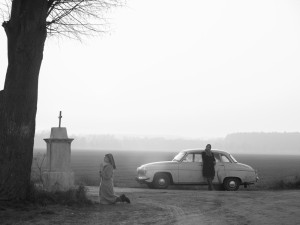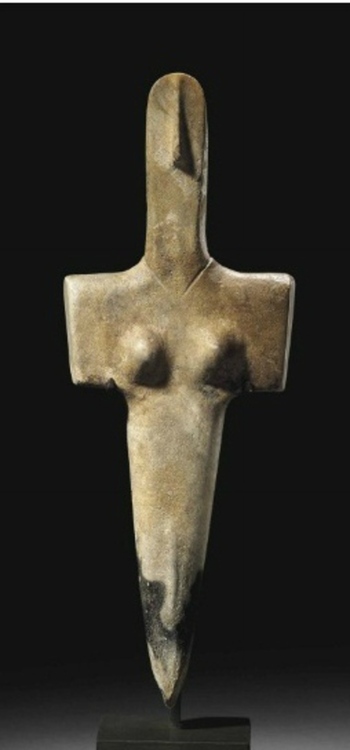Seeing the best out of 2014
At the end of a year with even more travel than usual – Hawaii to Tahiti, out down the mouth of the Amazon, round the Mediterranean with my son Leo, and films on India and Pakistan in the autumn, let alone a great deal of time spent in Glasgow and Scotland – good to catch up on myself and the best things I came across that sustained me on the journeys:
 Best films: In June, I stumbled into a small art-house cinema in New England on the off chance and saw the only movie that looked promising, although I’d never heard of it – Ida, by some way my film of the year for its unflinching honesty, beauty and rigour, despite what seems the unpromising scenario: Polish girl in a 1950s convent has to decide whether she stays or she goes, not necessarily helped by her hard-drinking, hard-living aunt. A luminous film in the spirit of Bresson, and the first Paweł Pawlikowski has made in Poland rather than Britain.
Best films: In June, I stumbled into a small art-house cinema in New England on the off chance and saw the only movie that looked promising, although I’d never heard of it – Ida, by some way my film of the year for its unflinching honesty, beauty and rigour, despite what seems the unpromising scenario: Polish girl in a 1950s convent has to decide whether she stays or she goes, not necessarily helped by her hard-drinking, hard-living aunt. A luminous film in the spirit of Bresson, and the first Paweł Pawlikowski has made in Poland rather than Britain.
It’s been a great year for strong female performances. The best things about Mr Turner and The Theory Of Everything were not the technically accomplished portraits of their heroes by Timothy Spall and Eddie Redmayne, but the life given to the films by their screen wives, Marion Welsh and Felicity Jones, who were both superb. Likewise, Scarlett Johansson pulled off some bold strokes in first the very enjoyable and slightly bonkers Lucy, and then the less enjoyable, but equally bonkers Under The Skin, ludicrously overrated by the Guardian as their #1 film of the year.
Both Wes Anderson and Christopher Nolan produced fine films in The Grand Budapest Hotel and Interstellar, even if neither was their best, and the less said about the execrable Wolf on Wall Street the better – Scorsese been running on empty so long, the car should surely just be left in the garage.
But along with Ida, the other knockout film of the year was Boyhood, for letting us feel the director’s surprise at how lives unfold and people age.
Best books were Arundhati Roy’s rage against caste, The Doctor And The Saint; Adam Nicolson’s passionate advocacy of Homer and the Bronze Age in The Mighty Dead; and two work of popular history told with verve and flair – Charles Spencer on how The Killers Of The King (Charles I) were hunted down after the Restoration, and Boris Johnson on The Churchill Factor without the boring 3-volume life bits or indeed bothering with much chronology at all.
In my own field of travel books, amongst some increasingly austere and dull nature writing, one book shone out for its unaffected simplicity and grace: Meadowland: The Private Life Of An English Field by John Lewis-Stempel.
Best exhibitions: the British Museum’s ‘Mummy: The Inside Story’, where they revealed the faces of those inside the mummies by using CT Scans; ‘Matisse: The Cut-Outs’ at the Tate which proved that a big blockbuster show can still be thoughtful.
Best albums were the eponymous Ryan Adams, his best for many years and all the better for being guitar driven; and Mark Kozalek’s remarkable Benji, in which his talent for long narrative songs about the American mid-west made him a sort of aural equivalent of Boyhood. Kozalek (aka ‘Sun Kil Moon’) also gave the most audacious concert I saw in which he had to hire a drummer from the audience as his own had failed to turn up (and paid the replacement in cash on stage), and then asked if any women in the audience would come up and sing a duet with him on ‘I’ve Got You Babe’, at which the audience collectively sucked in their teeth at the humiliation to come, but Joanne from Glasgow gave a knockout performance.
Seeing the best out of 2014 Read More »

